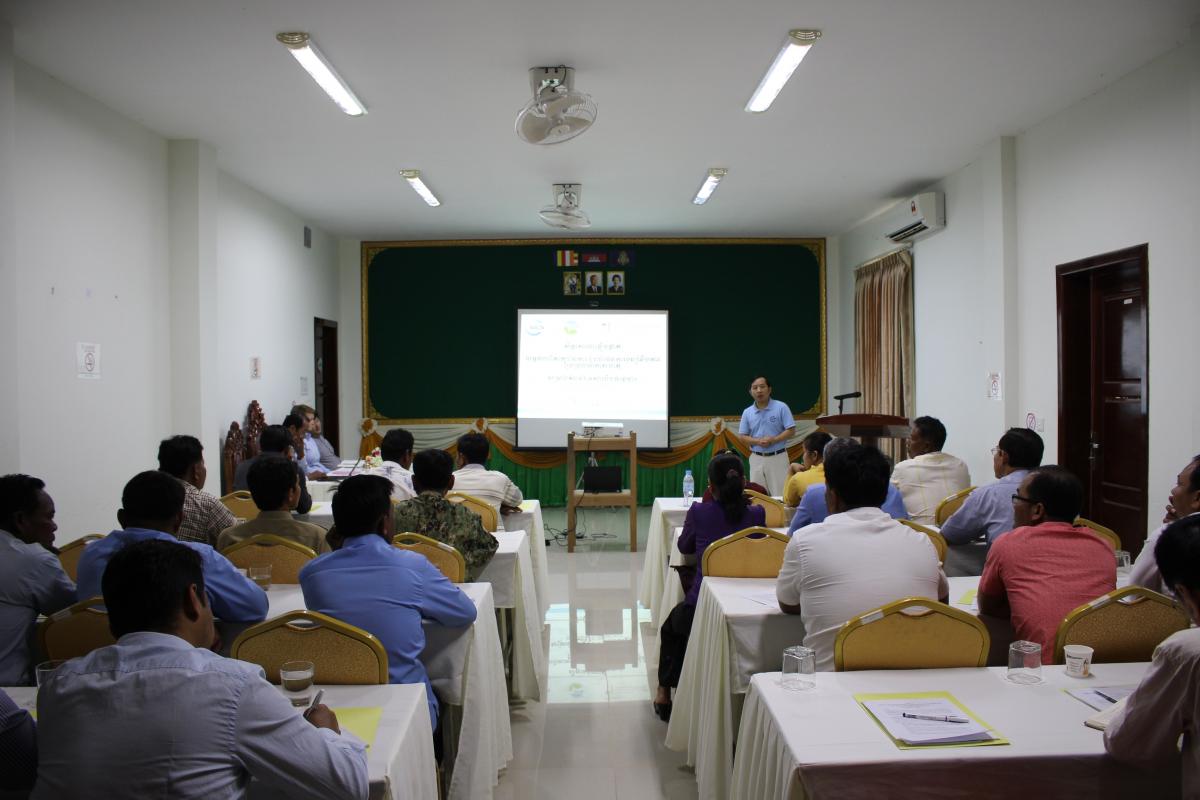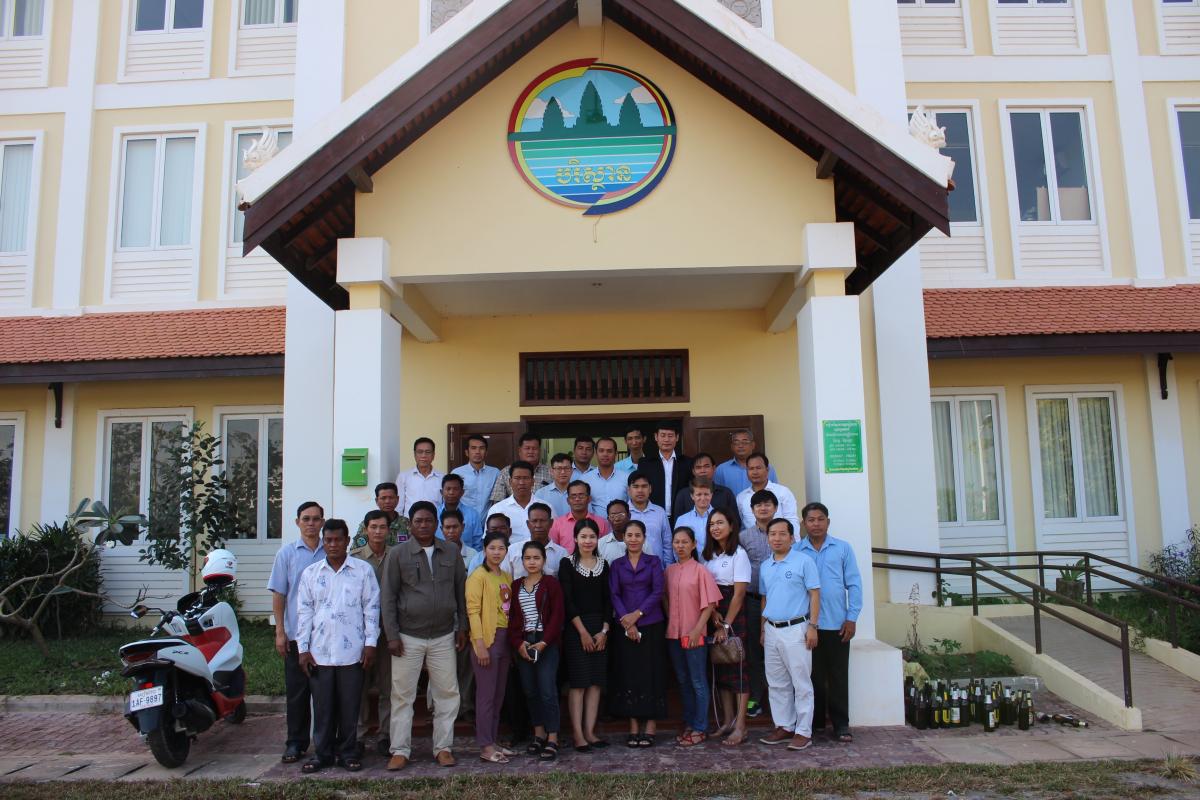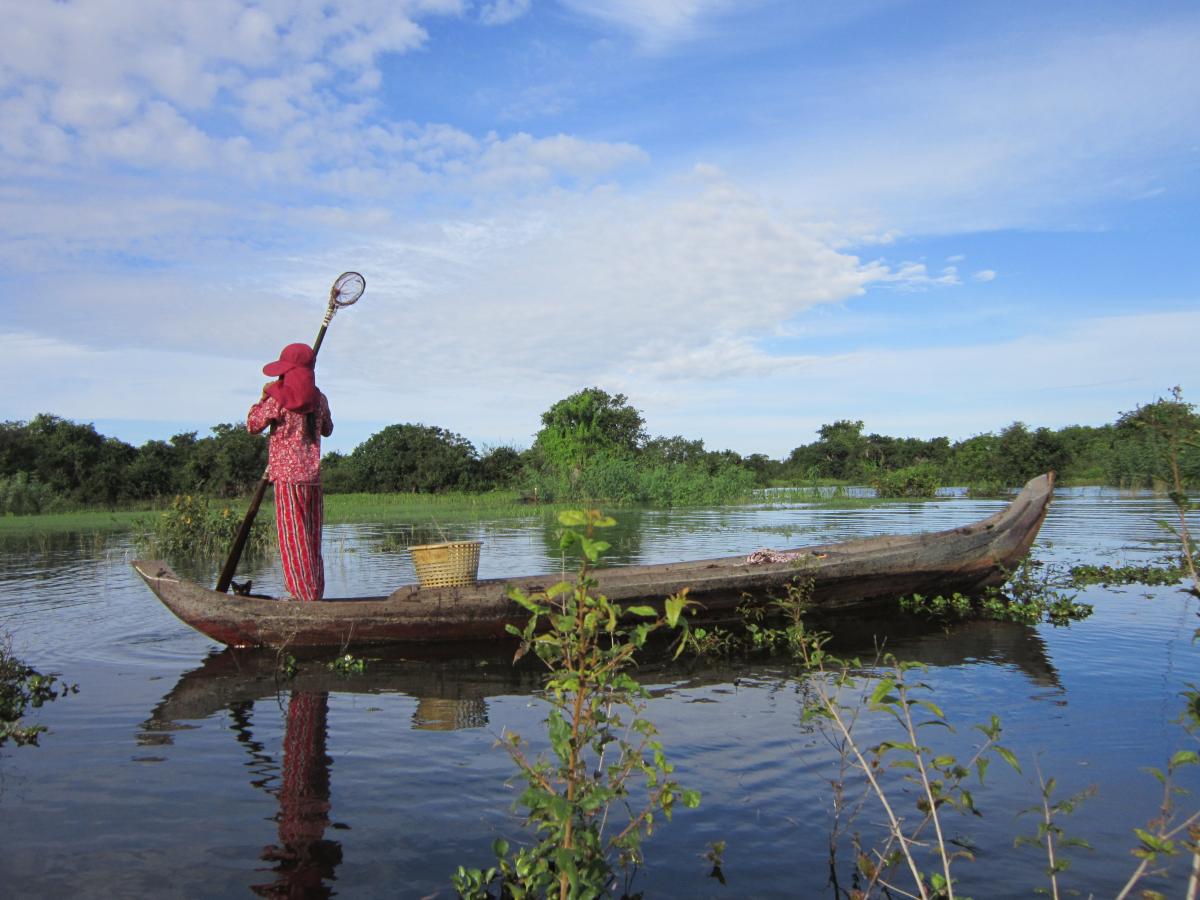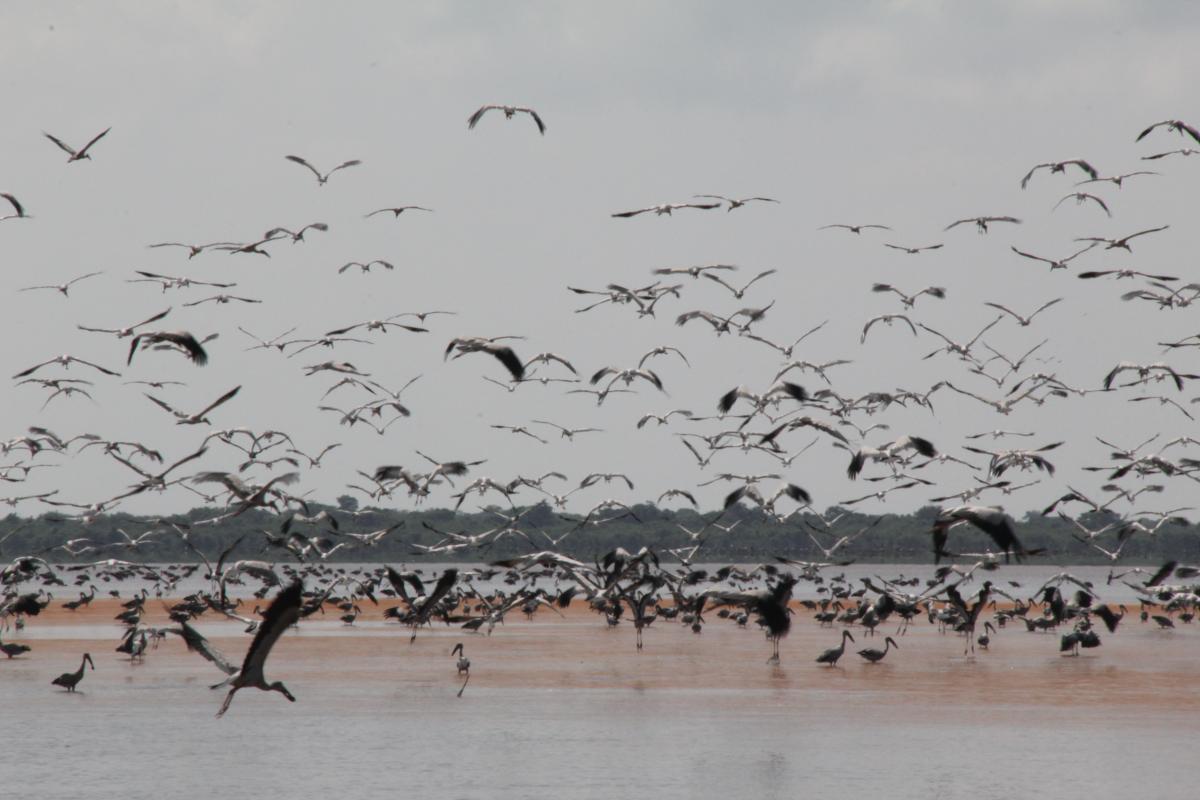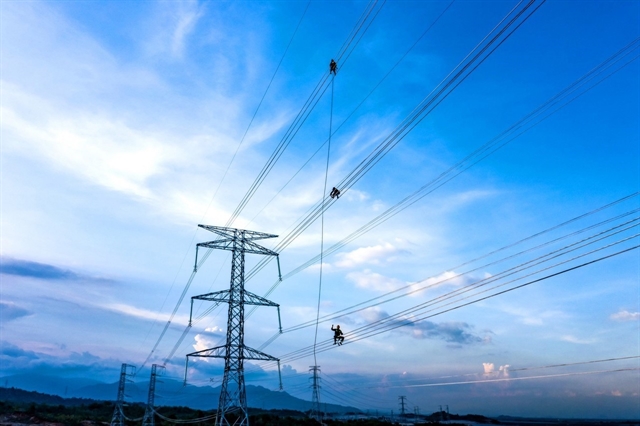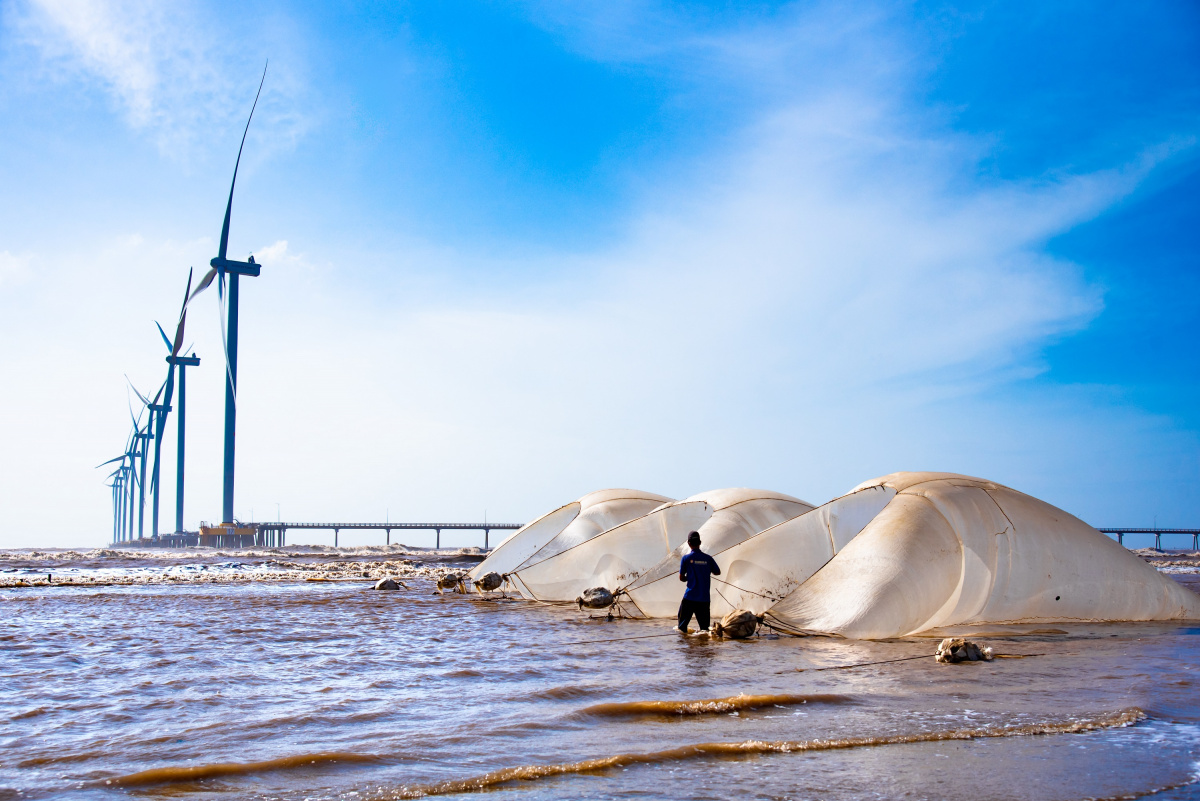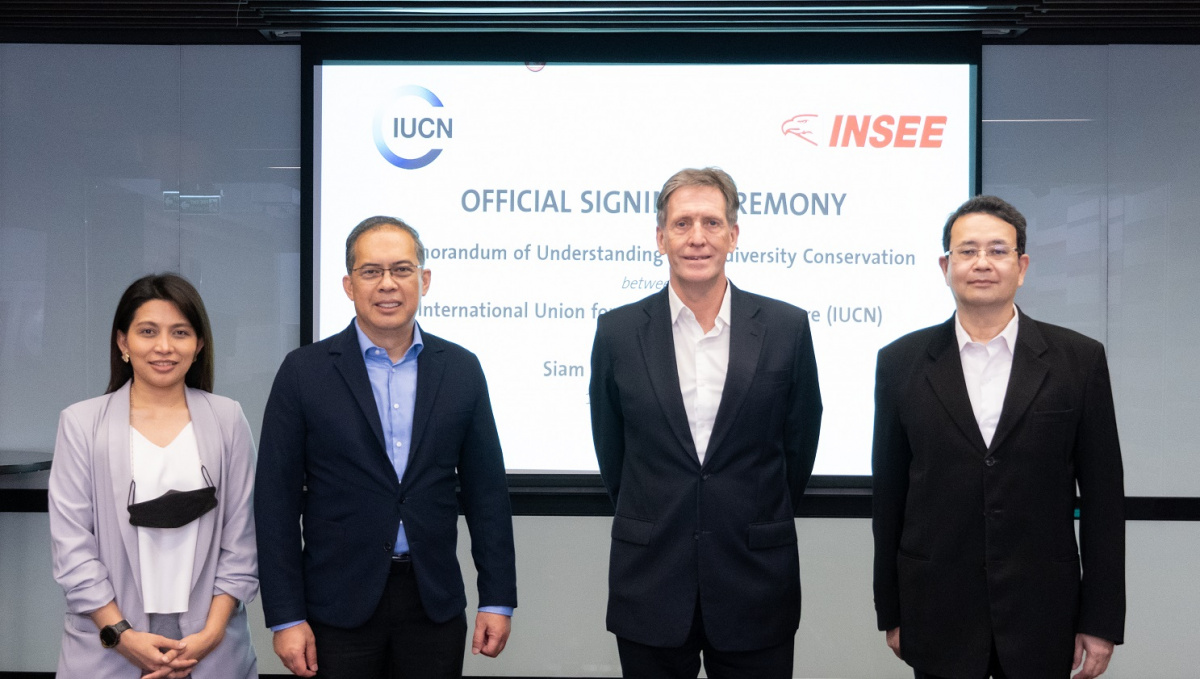Local and national stakeholders develop Climate Change Adaptation Plan for Boeung Tonle Chhmar Ramsar Site
On 24 December, IUCN, in collaboration with the Provincial Department of Environment in Siem Reap, Cambodia held a Climate Change Adaptation Planning validation workshop with local communities and government agencies. Building upon a two-day meeting held in Kampong Thom Province earlier in the month, the workshop resulted in the development of an Ecosystem-based Climate Change Adaptation Plan for the Boeung Tonle Chhmar Ramsar Site.
The adaptation plan addresses the habitat, species and livelihood vulnerabilities that were highlighted in the Climate Change Vulnerability Assessment conducted during the first phase of the Mekong WET project. Workshop participants included community members from both Kampong Thom and Siem Reap provinces, local wetland managers, NGOs and representatives from the Department of Freshwater and Wetlands Conservation (DFWC) of the Ministry of Environment (MoE).
“This workshop aims to identify the impacts of climate change to inform wetland management, and also to strengthen wetland governance among academia, national and sub-national government agencies, civil society organisations and local communities. These actors are all essential for effective wetland management and climate change adaptation,” said Mr. Sun Visal, Chief of Multiple Use Areas and Biosphere Reserve Office of Department of Freshwater Wetland Conservation, MoE.
The workshop kicked off with a visioning exercise, where the participants worked together to develop a vision for the Boeung Tonle Chhmar Ramsar Site. After some engaging discussions, the local and national wetlands stakeholders came up with this vision statement “In the next 20 to 50 years, the Boeung Tonle Chhmar Ramsar Site will be a wetland that is rich in biodiversity, supports tourism and provides livelihoods for local communities to adapt to climate change.”
Based on this vision, workshop participants developed three goals for the Ramsar site: (1) Protect and conserve all biodiversity and habitats with participation from all stakeholders; (2) Improve local livelihoods through strengthening gender equality, equity and women’s economic empowerment in ecotourism and other alternative livelihoods; and (3) Strengthen and enhance the capacity of the local community and other stakeholders in climate change adaptation.
Participants were then divided into three groups: male community members, female community members and government representatives. In their groups, the workshop participants developed Ecosystem-based Adaptation options that support their vision for the wetlands. Each group ranked their preferred options and then conducted a cost-effectiveness analysis to determine which options have the highest efficiency rate.
The identified adaptation options included reforesting flooded forests, improving local management and restoration of fish conservation areas, strengthening existing mechanisms for evaluating and monitoring sluice gates along the rivers and establishing a women’s community savings group.
These measures will be implemented via a small-grant facility under the Mekong WET project, funded by the International Climate Initiative (IKI).
About Mekong WET
Funded by the International Climate Initiative (IKI) of the German Federal Ministry for the Environment, Nature Conservation, Building and Nuclear Safety (BMUB), and to be implemented until 2020, the “Mekong WET: Building Resilience of Wetlands in the Lower Mekong Region” project aims to build climate resilience by harnessing the benefits of wetlands in Cambodia, Lao PDR, Thailand, and Viet Nam. Mekong WET will help these countries to address their commitments to the Ramsar Convention, an international treaty for the conservation and sustainable use of wetlands, and to achieve the Aichi Biodiversity Targets. The project is also supporting the Indo-Burma Ramsar Regional Initiative (IBRRI) and the implementation of its strategic plan 2019-2024.
